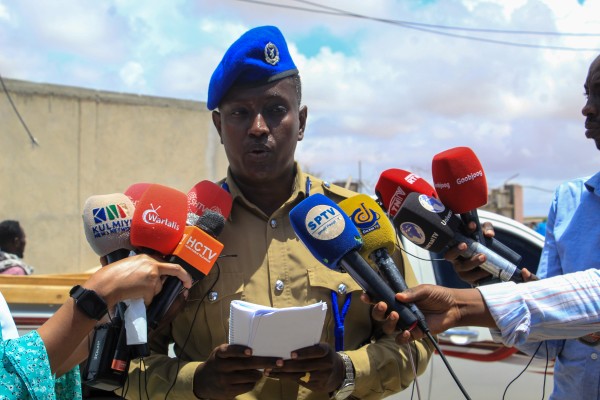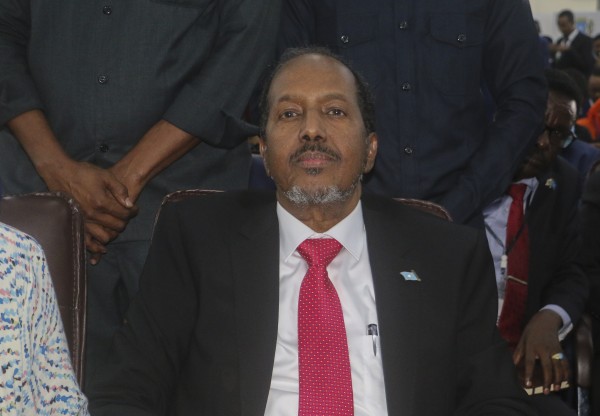The International Press Institute (IPI) today expressed deepening concern about the erosion of press freedom in Somaliland, a self-ruling region of Somalia where authorities have several times in recent months moved to shutter independent news media.
In the latest incident, Information Minister Abdullahi Mohamed Dahir announced on Monday that the Hargeisa-based government had suspended Universal TV for allegedly broadcasting “propaganda” and offending regional president Ahmed Mohamed Mohamoud Silanyo through a portrayal of him on a weekly comedy programme. The statement and the accusations were confirmed by the National Union of Somali Journalists (NUSOJ) and local media reports.
The action against the independent Universal TV came nearly two months after authorities closed the Hubaal News Network and arrested two staffers for allegedly causing friction within the police force. The Dec. 13 decision was the second time since June that the newspaper was ordered closed by the government.
Somaliland authorities also temporarily closed the offices of Kalsan TV in June on the grounds that it did not have an operating permit. Both Kalsan and Universal continue to broadcast via satellite from offices outside of Somaliland.
Ahmed Abukar, the owner of Universal TV, told IPI by telephone from Mogadishu that the action against his station was taken after Silanyo was portrayed on a Saturday political comedy show – a programme he says regularly features caricatures of politicians.
“It is for entertainment, it is not insulting,” he told IPI. On Monday, Abukar said, Dahir informed him that the broadcast threatened “the unity of Somaliland” and that Universal’s offices had been ordered closed.
Abukar said the closure affects 30 employees in Somaliland and that it was not the first time it has happened. “They close our office every time it does not satisfy their political ambitions,” he said, telling IPI he had been threatened with jail if he returned to Somaliland.
NUSOJ condemned the action against Universal TV.
“We are calling for the Somaliland authorities to lift the ban on Universal Television and to allow them to resume work immediately,” Mohamed Ibrahim of the NUSOJ told IPI in a telephone interview.* “It sounds like they [Somaliland authorities] are playing by the rulebook of Mohamed Siad Barre,” the Somali dictator who ruthlessly suppressed independent media during his 1969 to 1991 dictatorship. Barre was ousted in a military coup and died in Nigeria in 1995.
Somaliland – a northwestern region bordered by the Gulf of Aden, Djibouti and Ethiopia – declared independence from Somalia in 1991, but is not recognised by the international community. The region has tense relations with Somalia and with the neighbouring autonomous Somali region of Puntland.
“While we have long had concerns about the state of press freedom in Somaliland, the recent trend is particularly disturbing and represents a disregard for the constitutional guarantees of freedom of speech and the media,” said IPI Executive Director Alison Bethel McKenzie. “We urge the president to reverse the harm that has been done by firmly committing his government to defend those constitutional protections, and to apologise to journalists and media that have been unjustly targeted.”


